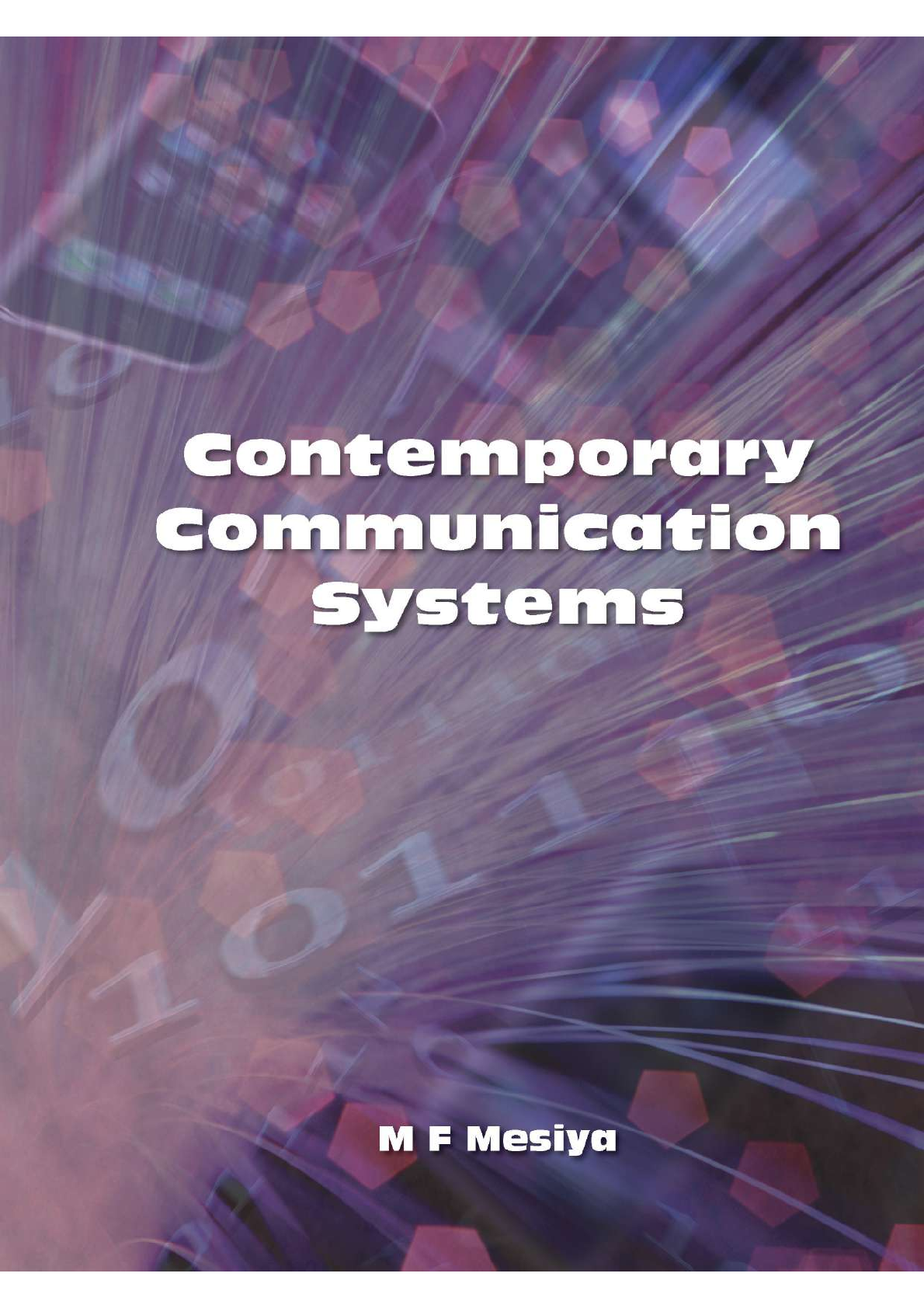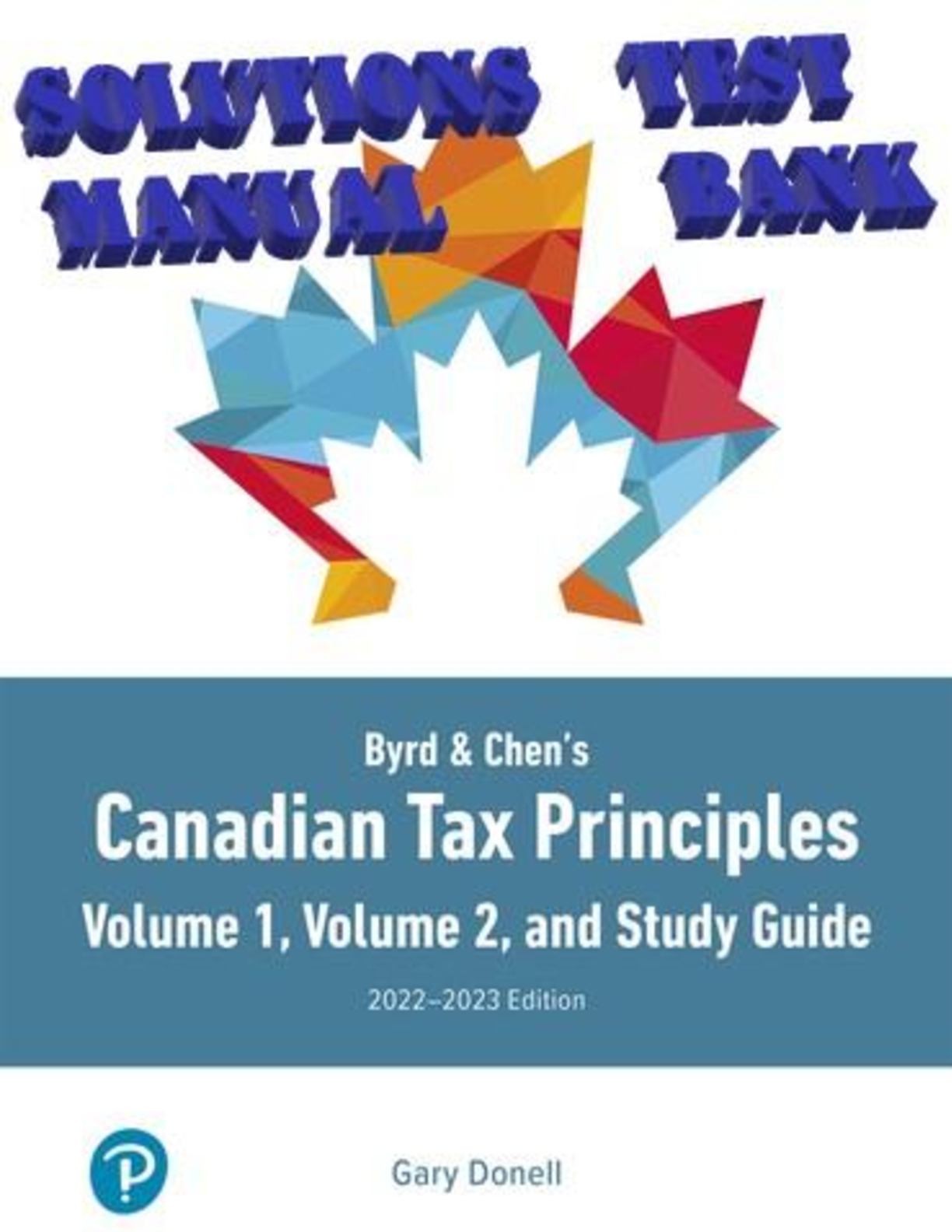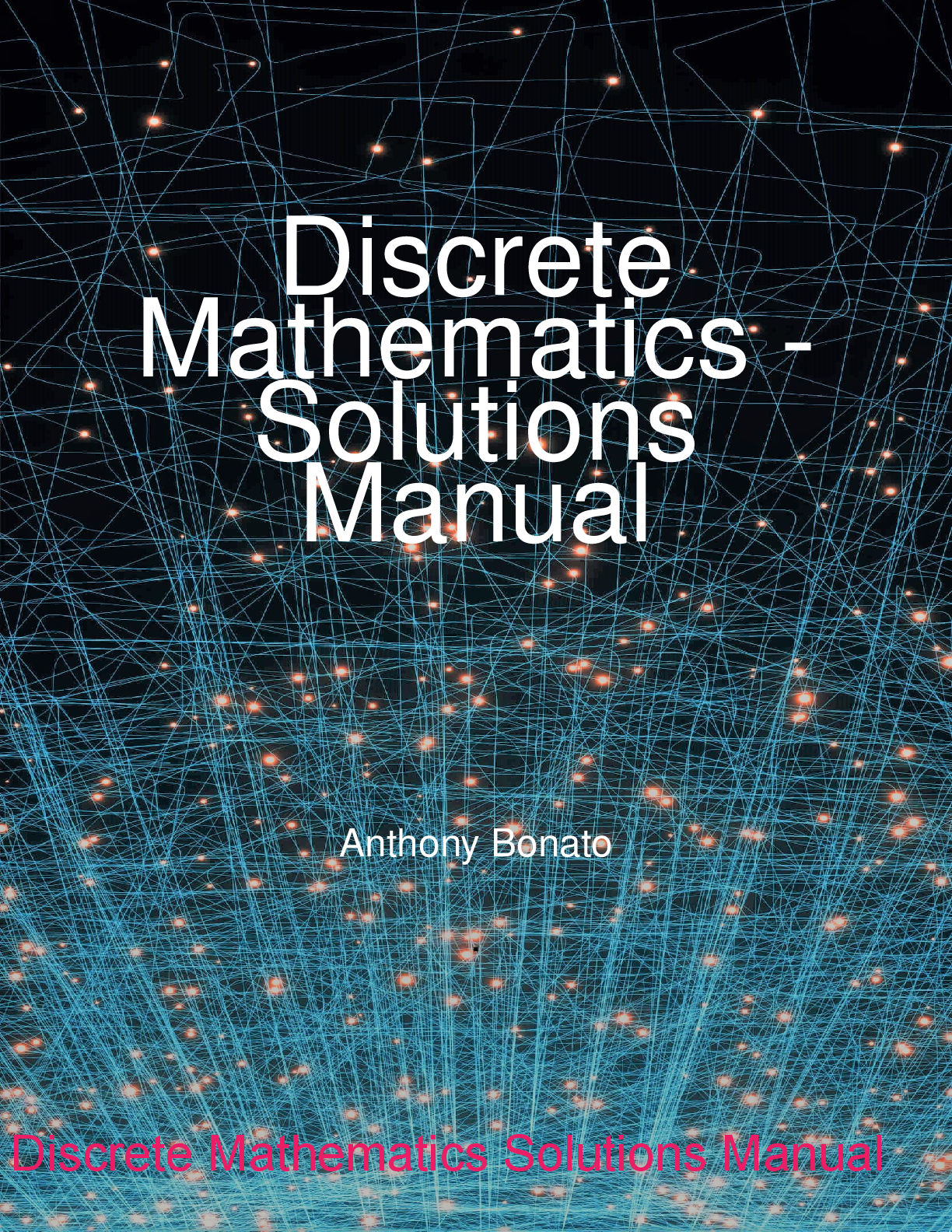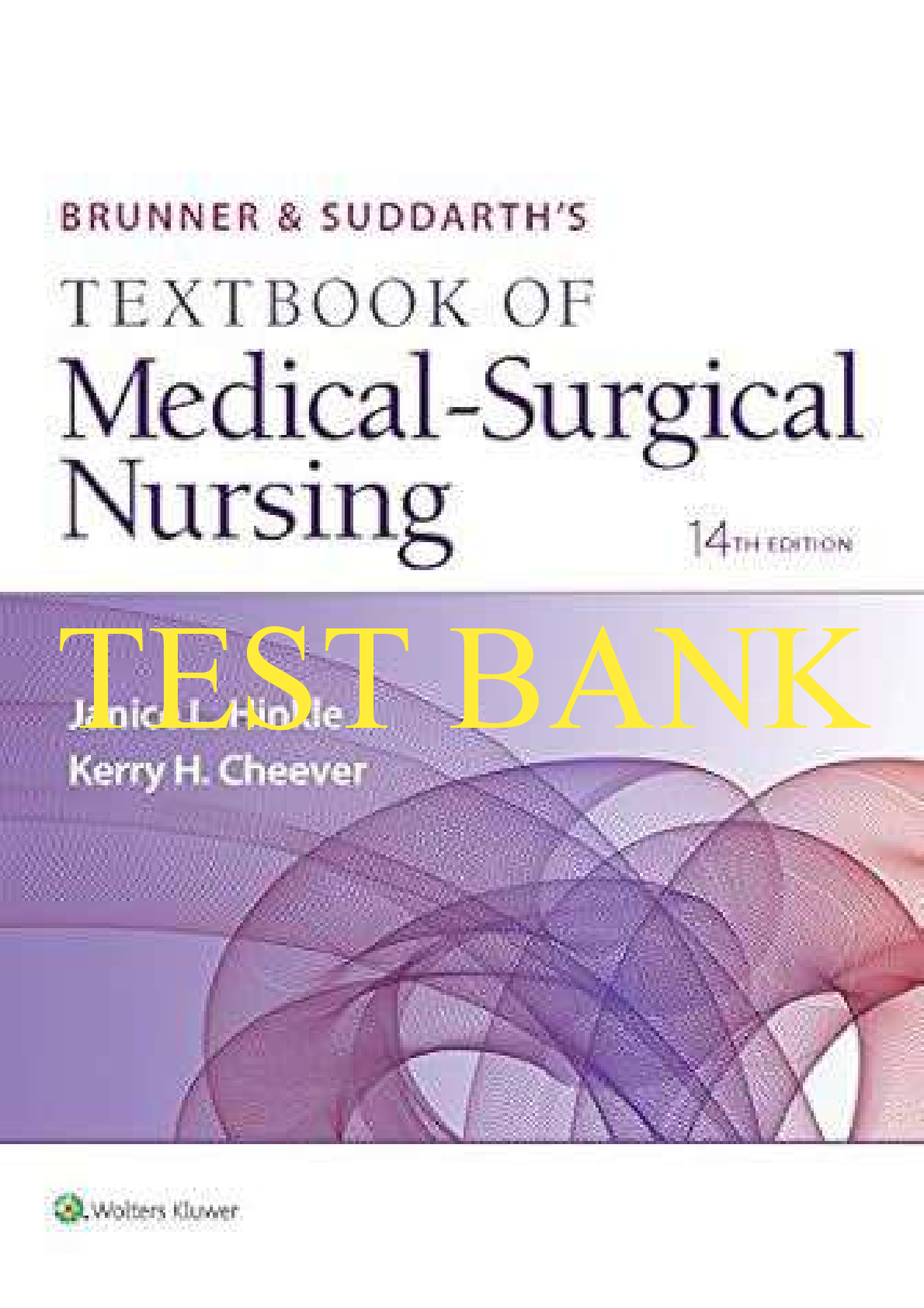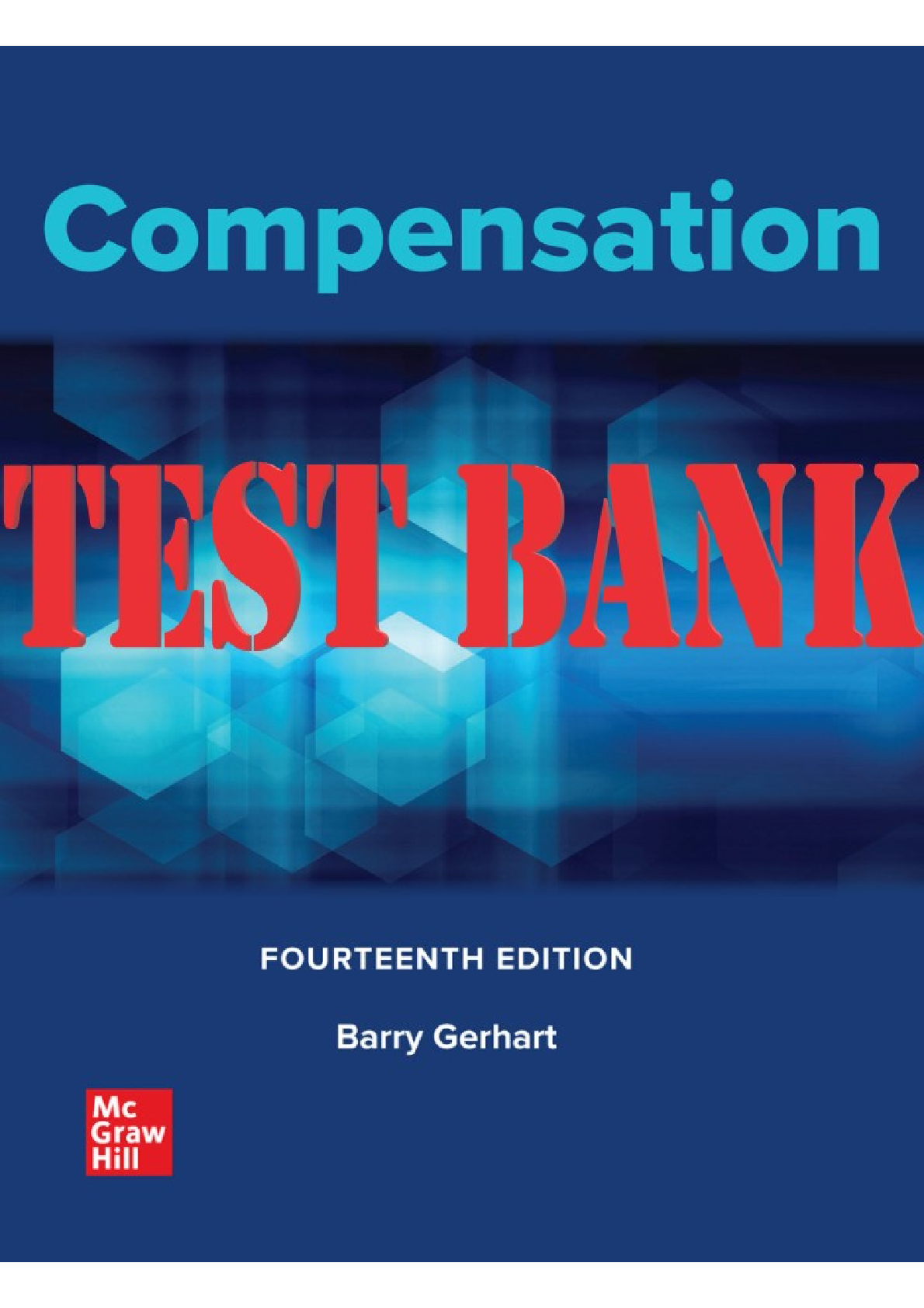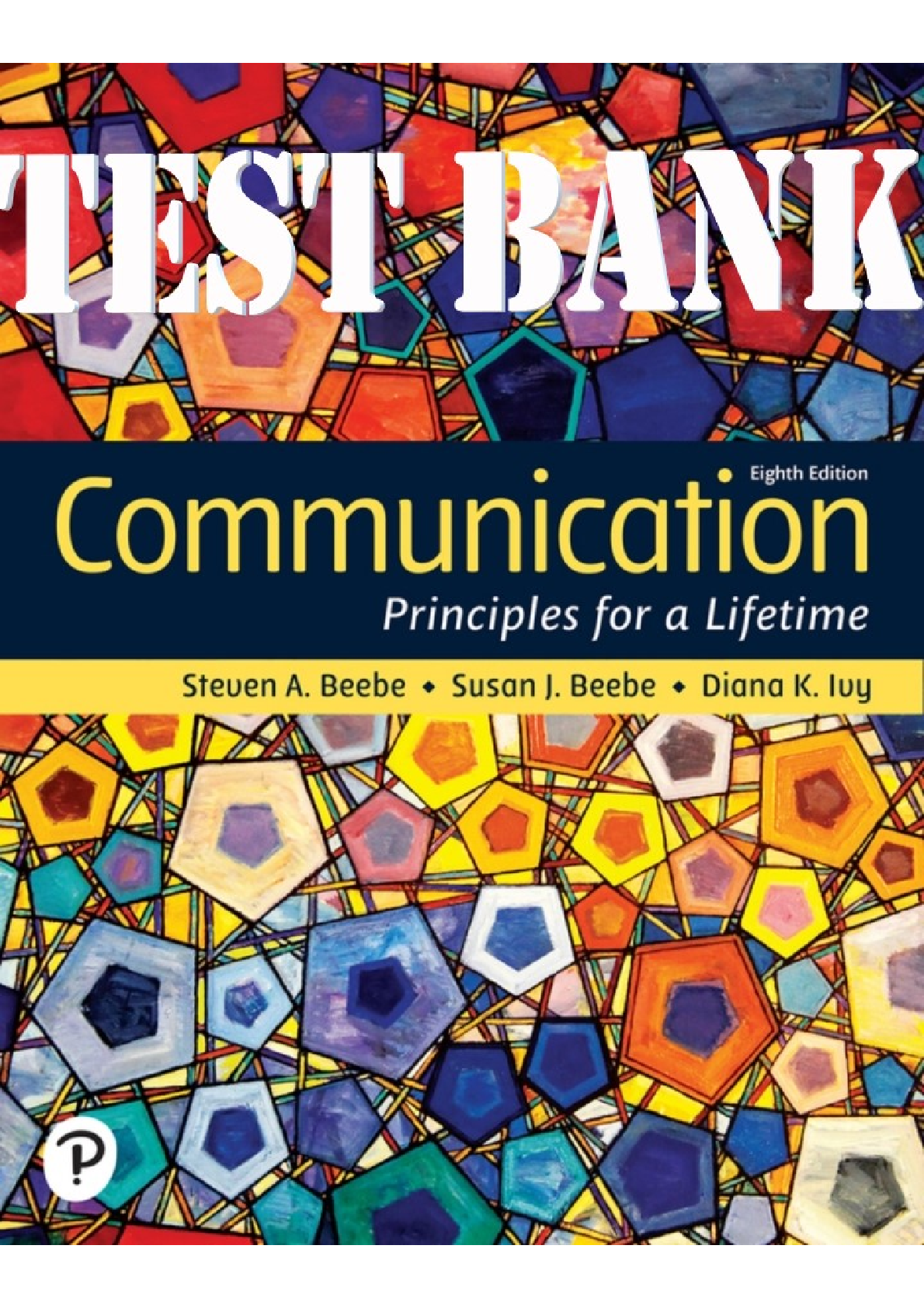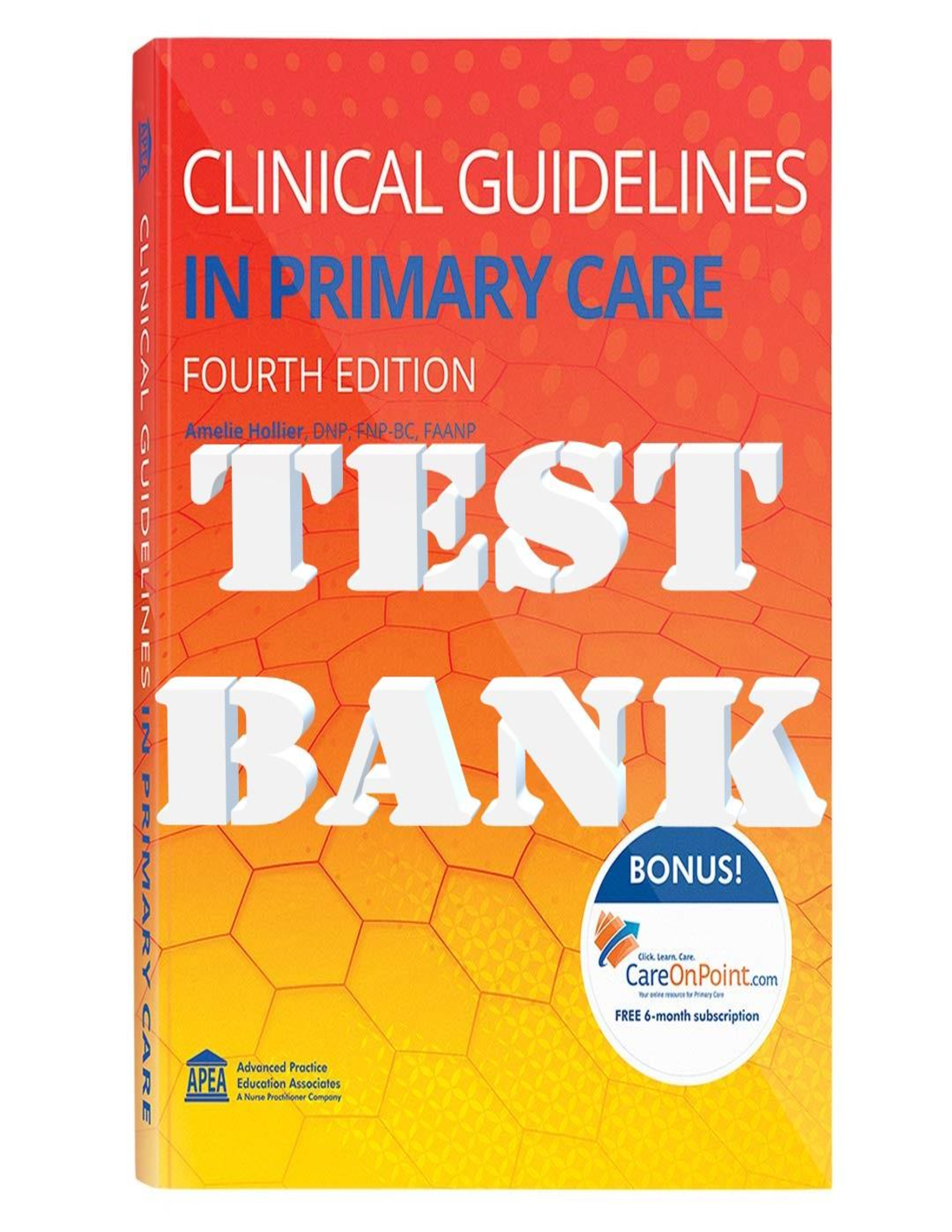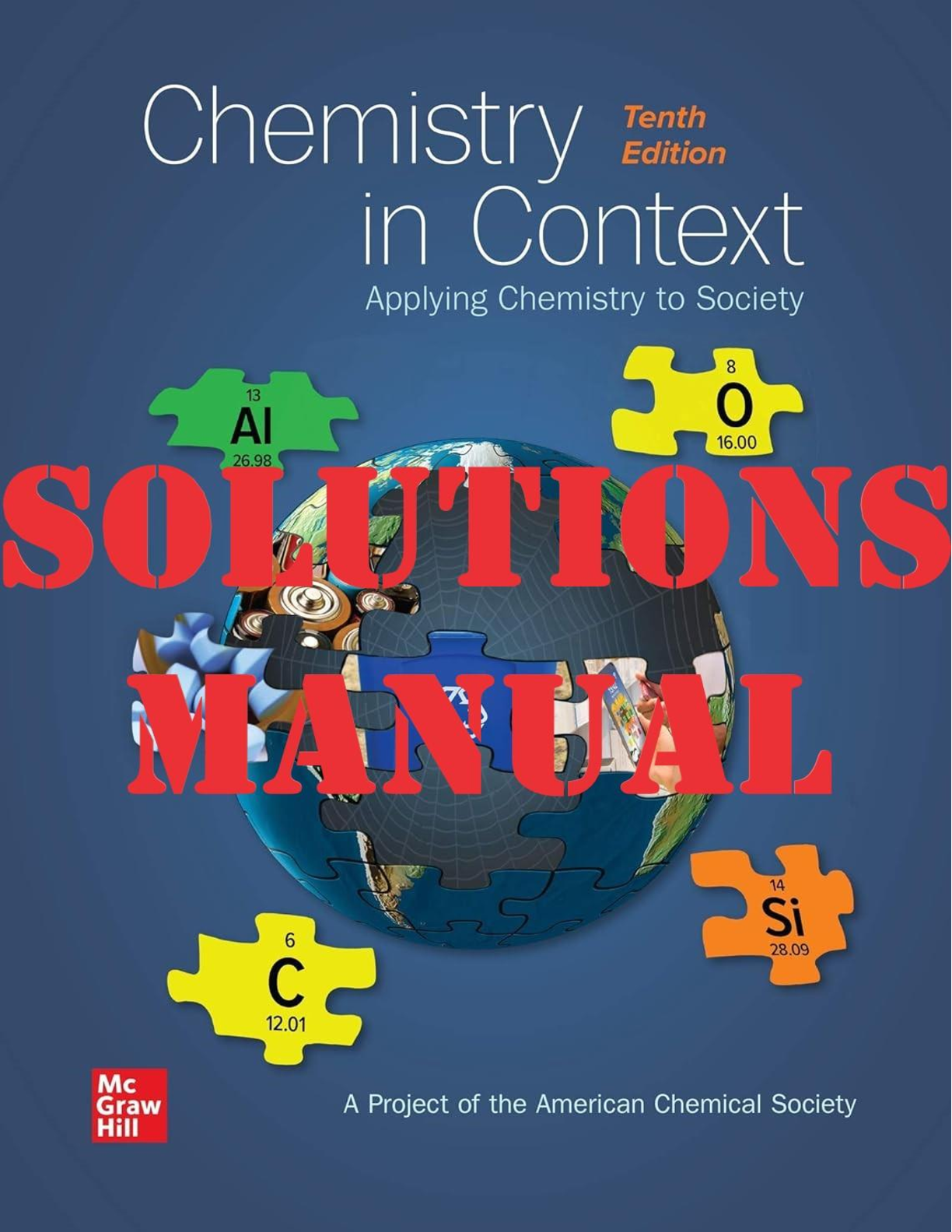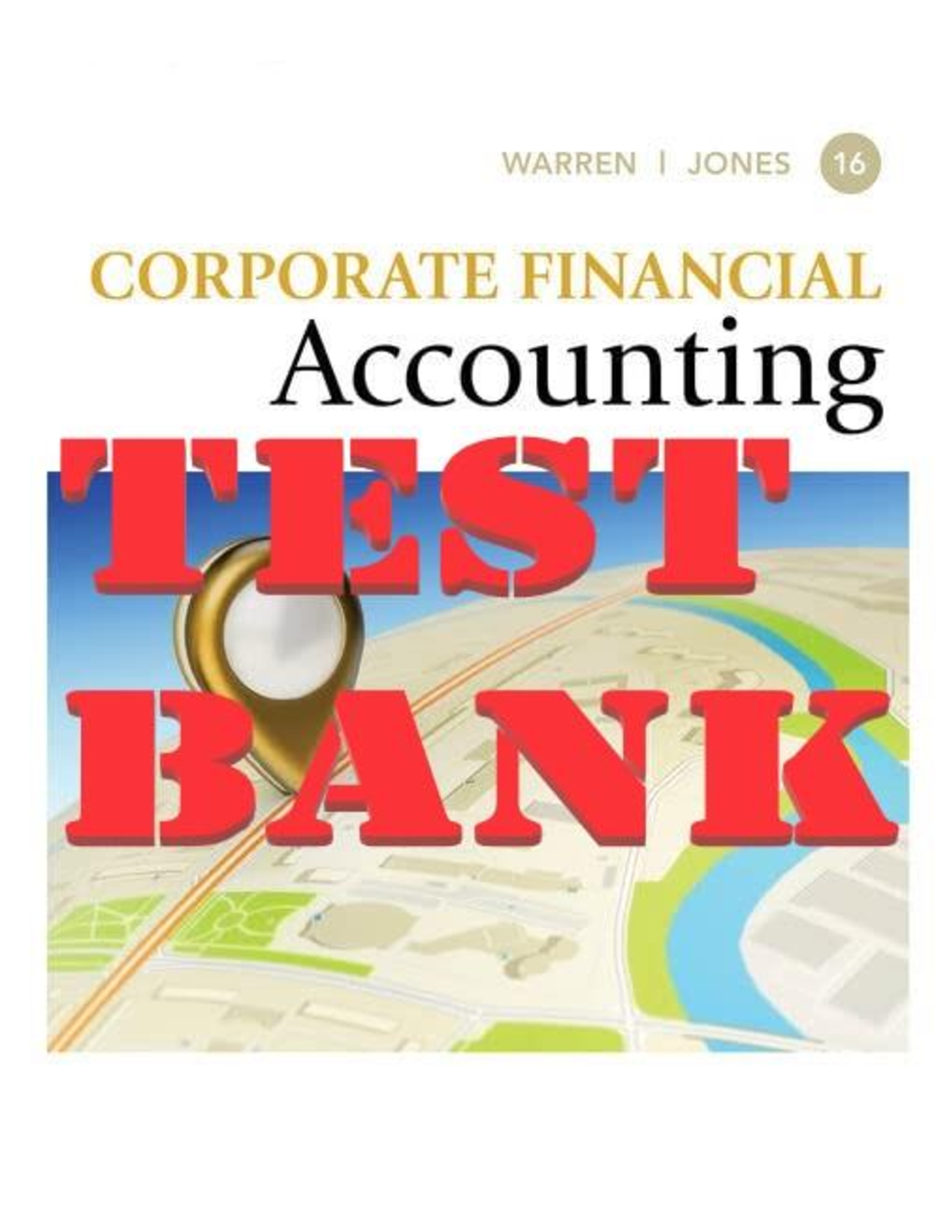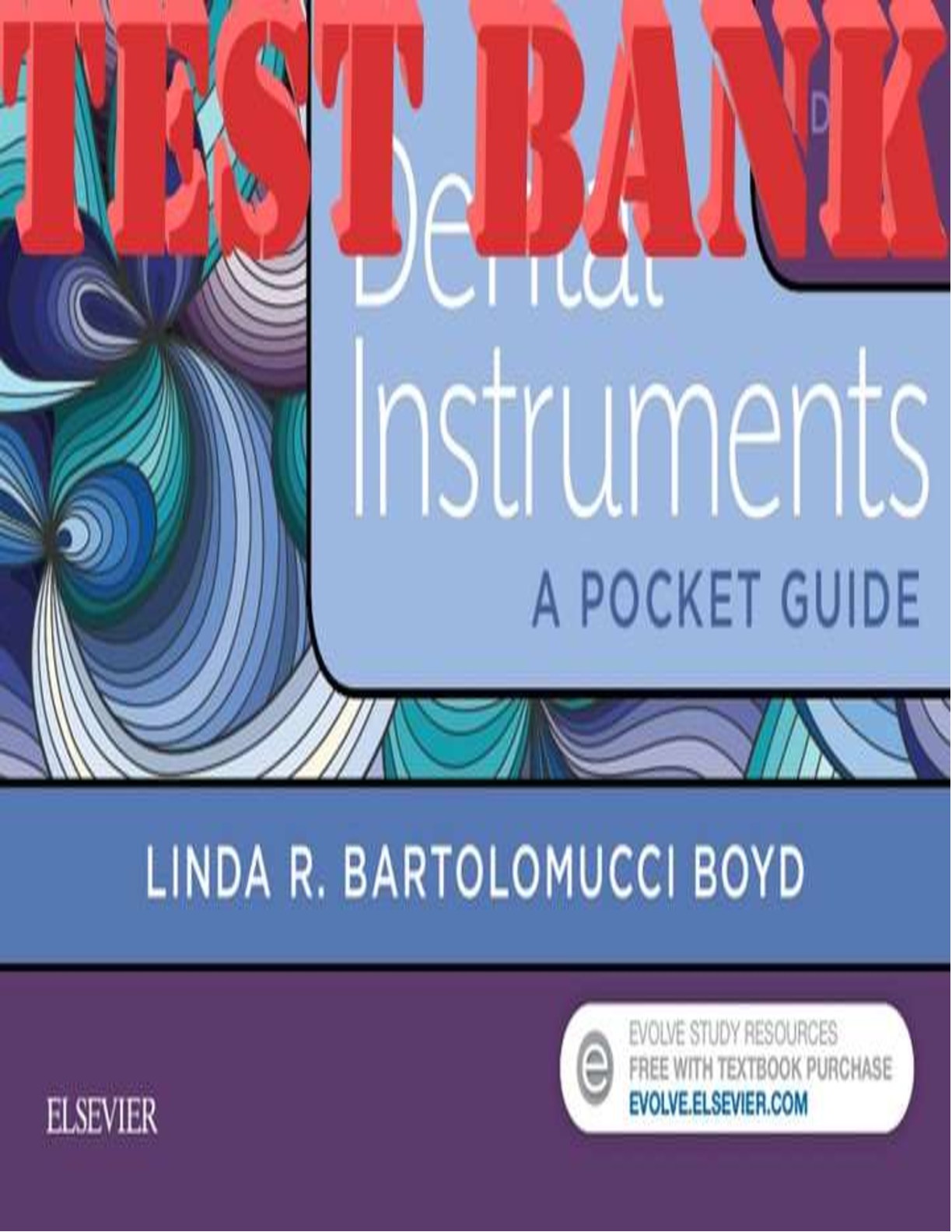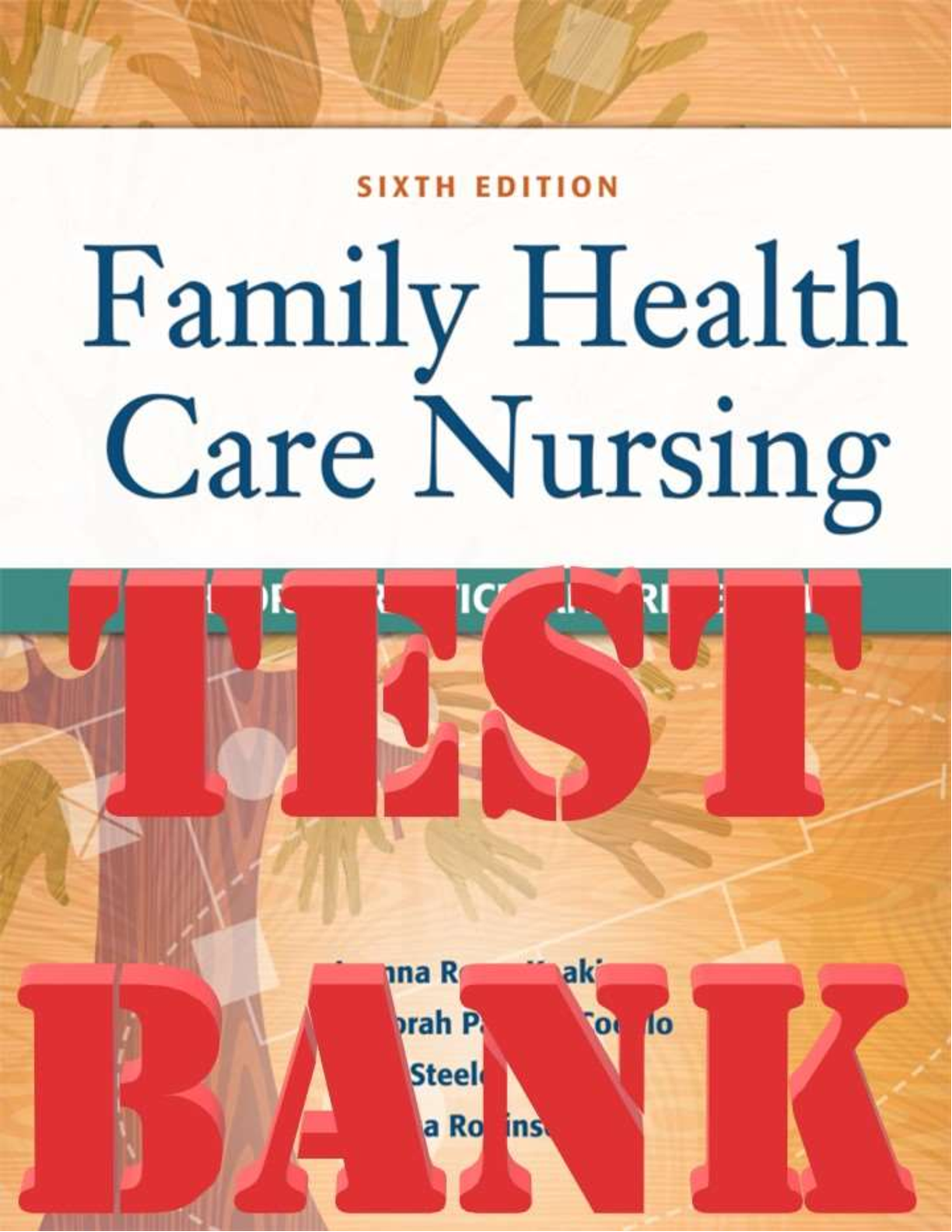Organic Chemistry > TEST BANKS > Organic Chemistry 6th Edition By Janice Smith TEST BANK (All)
Organic Chemistry 6th Edition By Janice Smith TEST BANK
Document Content and Description Below
Organic Chemistry, 6e (Smith) Chapter 1 Structure and Bonding 1) What is the ground-state electronic configuration of a carbon atom? A) 1s2, 2s2, 2p5 B) 1s2, 2s2, 2p2 C) 1s2, 2s2, 2p6 D... ) 1s2, 2s2, 2p4 2) What is the ground-state electronic configuration of a fluorine atom? A) 1s2, 2s2, 2p2 B) 1s2, 2s2, 2p3 C) 1s2, 2s2, 2p4 D) 1s2, 2s2, 2p5 3) What is the ground-state electronic configuration of a magnesium cation (Mg2+)? A) 1s2, 2s2, 2p6 B) 1s2, 2s2, 2p6, 3s1 C) 1s2, 2s2, 2p6, 3s2 D) 1s2, 2s2, 2p6, 3s2, 3p2 4) What is the ground-state electronic configuration of a chlorine anion (Cl—)? A) 1s2, 2s2, 2p6 B) 1s2, 2s2, 2p6, 3s2, 3p6 C) 1s2, 2s2, 2p6, 3s2, 3p5 D) 1s2, 2s2, 2p6, 3s2, 3p4 5) Which of the following statements about valence electrons is true? A) They are the most tightly held electrons. B) They do not participate in chemical reactions. C) They are the outermost electrons. D) They reveal the period number of a second-row element. 6) Which of the following atoms will have a full 3s orbital in the ground state? A) Hydrogen B) Lithium C) Potassium D) Rubidium 7) Which of the following statements about bonding is true? A) Covalent bonds result from the transfer of electrons from one element to another. B) Ionic bonds result from the transfer of electrons from a metal to a non-metal. C) Ionic bonds result from the sharing of electrons between two non-metals. D) Covalent bonds result from the sharing of electrons between two metals. [Show More]
Last updated: 1 month ago
Preview 1 out of 1439 pages
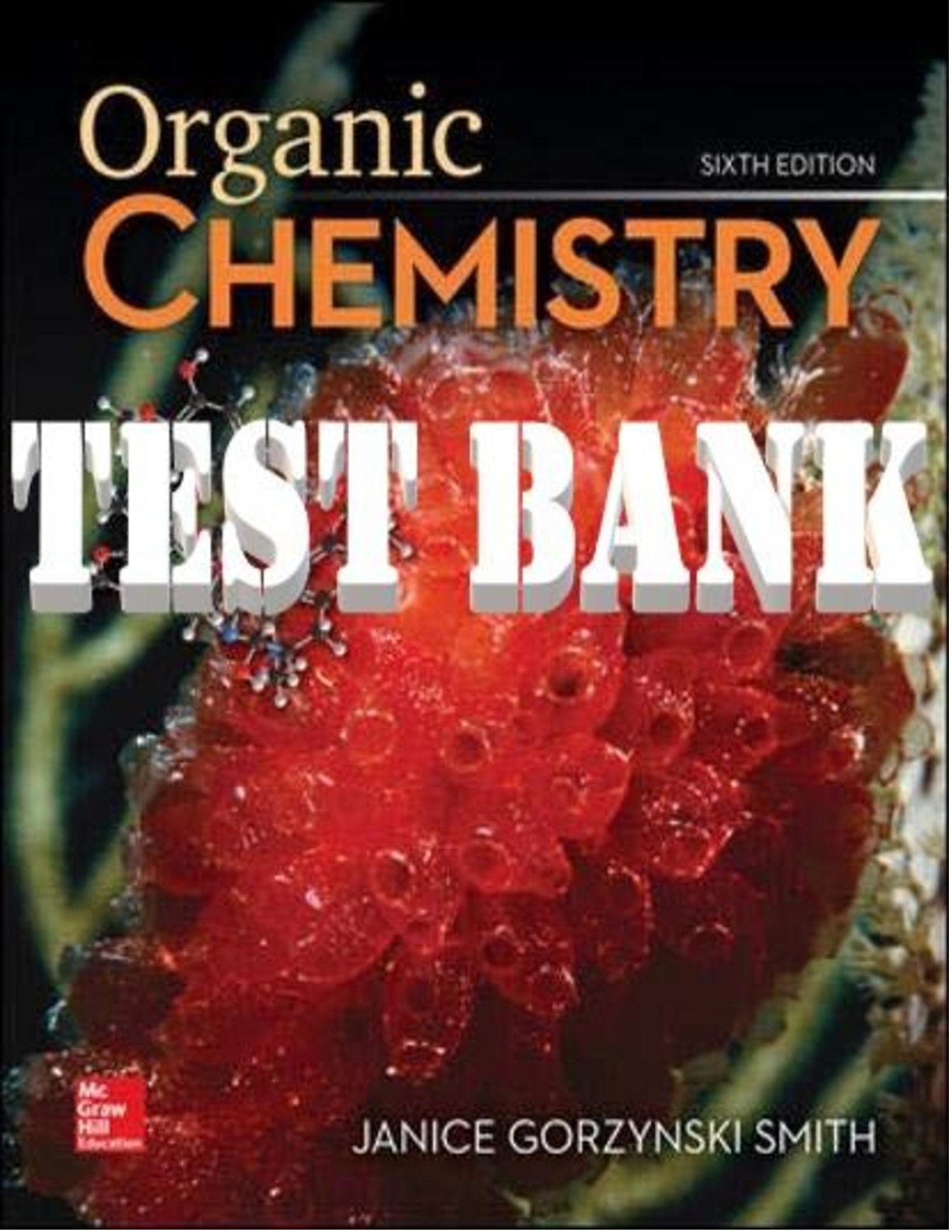
Buy this document to get the full access instantly
Instant Download Access after purchase
Buy NowInstant download
We Accept:

Reviews( 0 )
$32.50
Can't find what you want? Try our AI powered Search
Document information
Connected school, study & course
About the document
Uploaded On
Jun 12, 2025
Number of pages
1439
Written in
Additional information
This document has been written for:
Uploaded
Jun 12, 2025
Downloads
0
Views
11

